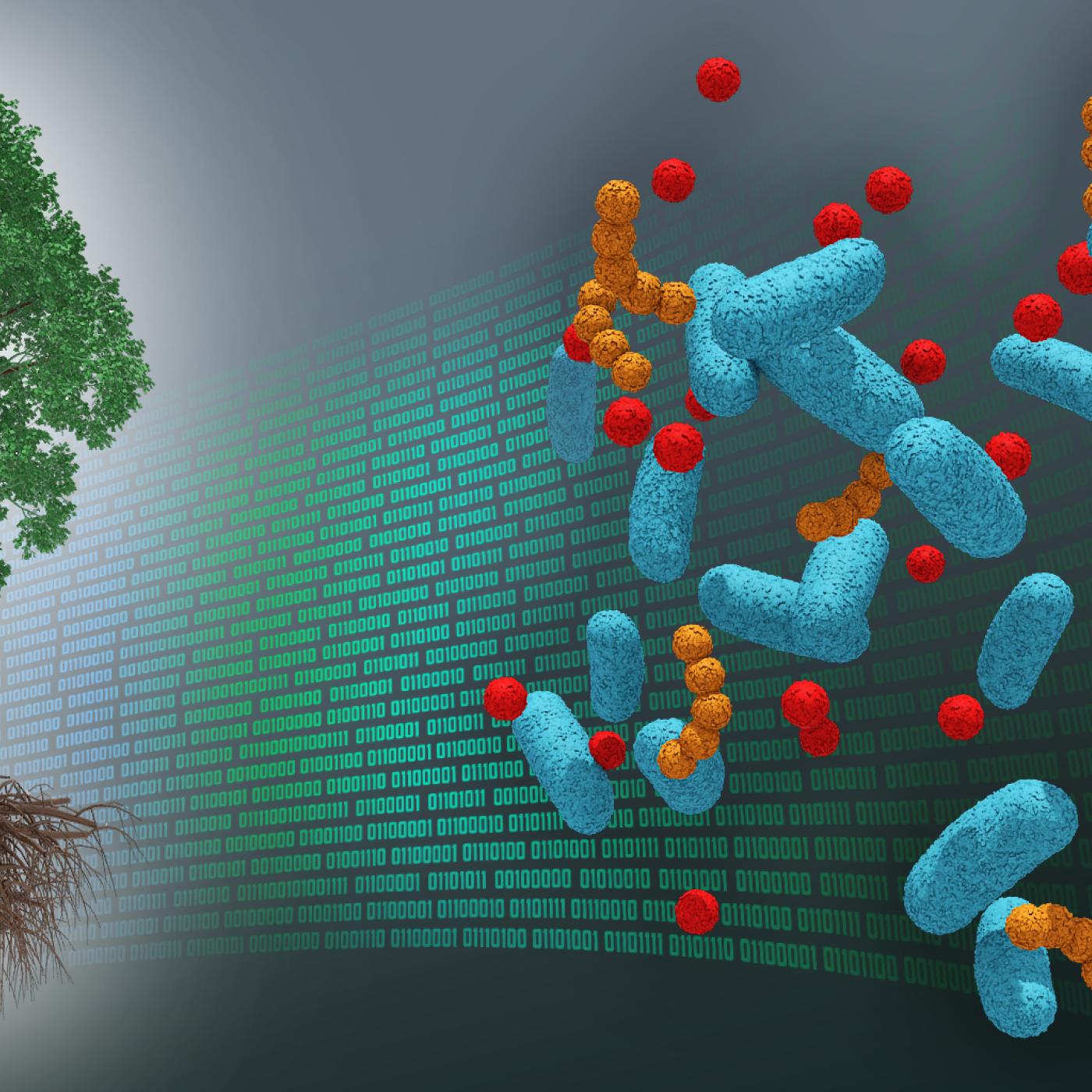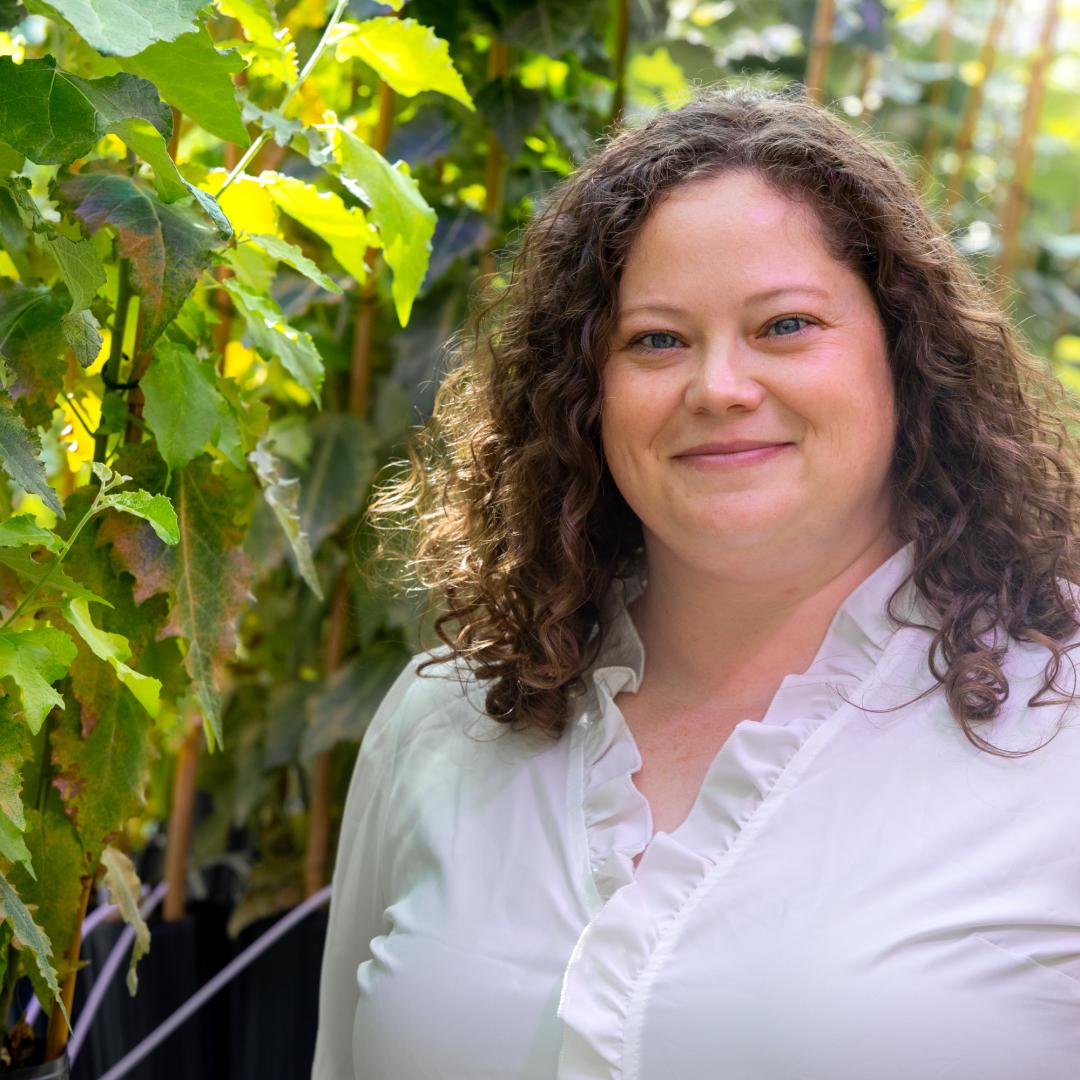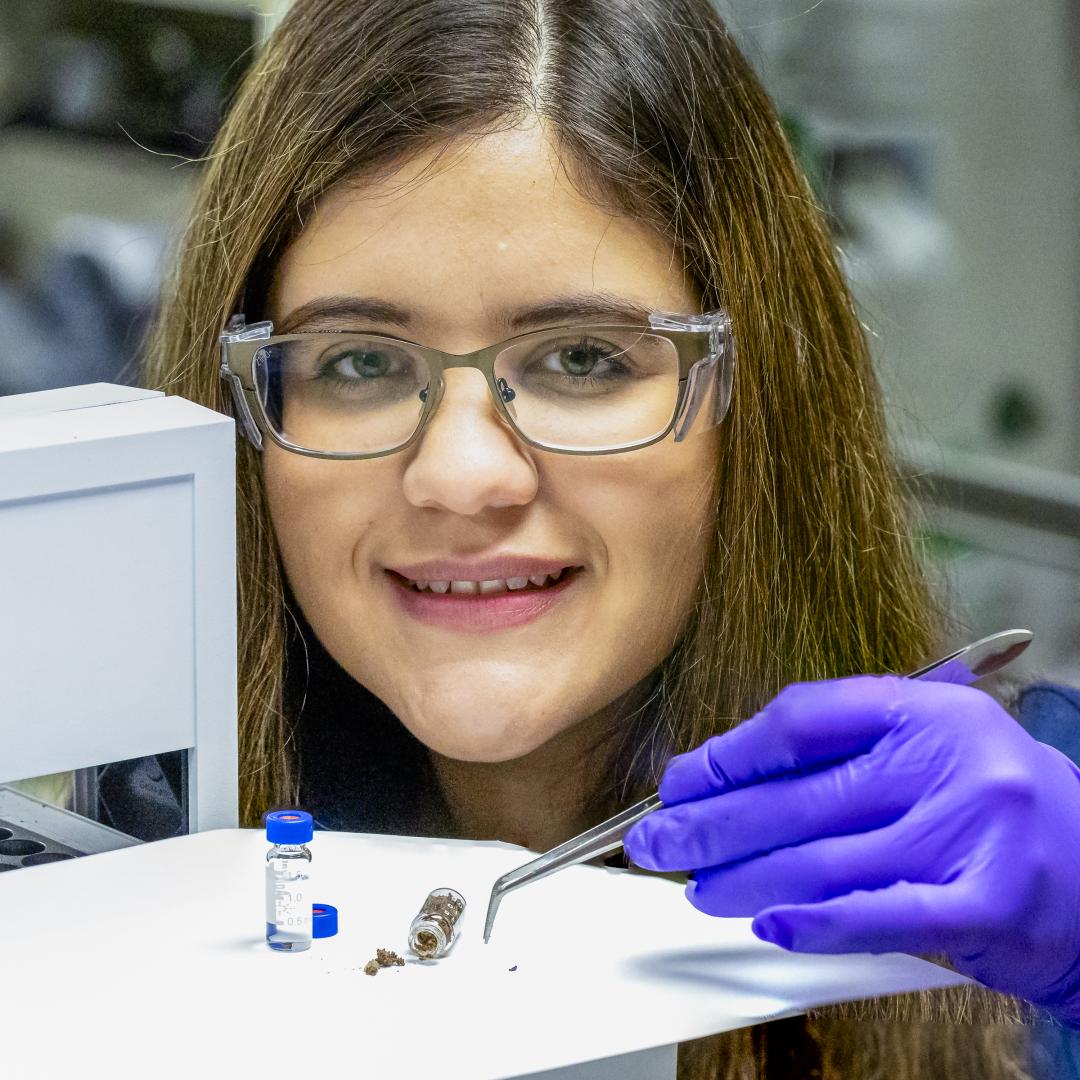Enabling rational design to drive innovation in biotechnology and benefit the environment
The Biodesign and Systems Biology Section characterizes and engineers biological responses and determines how rational or automated design can be used to drive innovation in biotechnology and the environment. Researchers explore and characterize the network of genes, proteins, metabolites, and environmental signals that lead to improved plant traits and performance. They integrate cellular, molecular, and genomic approaches to study microbes, communities, and their interaction with hosts and the environment. Scientists develop and apply principles and techniques for biosystems design in non-model organisms, biofuels crops, and associated biosystems to solve renewable energy and environmental challenges.





